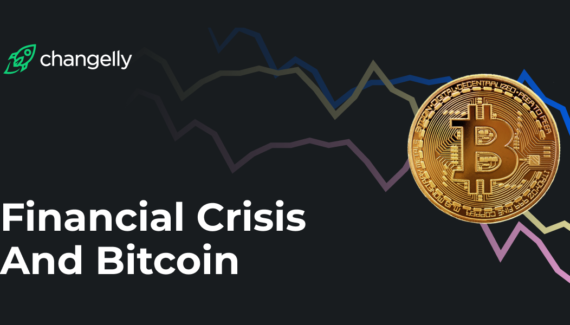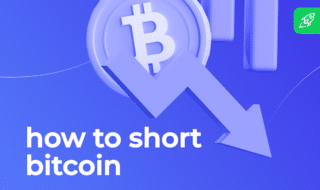Antes de inventar Bitcoin, muchos entusiastas intentaron crear un medio de pago descentralizado, pero todos se basaron en la incapacidad de evitar el doble gasto...
Artículos sobre Bitcoin y todo lo relacionado con Él

Actualmente, cada vez más principiantes están tratando de entender cómo funcionan las billeteras Bitcoin (BTC) y cuál elegir. Lo principal a lo que debe prestar...

La escalabilidad siempre ha sido un problema de los libros distribuidos. Mientras más personas comiencen a utilizar blockchain y criptomonedas, mayor será el problema. A...

La criptomoneda continúa barriendo el mundo, y cada vez más países la adoptan con cierta capacidad. A veces es una legalización completa, otras veces es...

En el mundo de las monedas y los activos, Bitcoin se convirtió en algo extraño: una moneda totalmente digital. Así como inspiró a otras criptomonedas...

Las criptomonedas tienen una gran cantidad de conjeturas y teorías que realmente asustan a las personas para que no inviertan en criptomonedas. ¿Has escuchado algunos de ellos?

¿Quieres pedir prestados algunos Bitcoins o tener alguna criptomoneda gratis de sobra? En ambos casos, es posible que le interesen las plataformas de préstamos de...

El mixer de Bitcoin es un servicio diseñado para el anonimato, con el que puede evitar el seguimiento de sus transacciones en la red de...

La economía del mundo real deja su huella en el ecosistema económico digital. Eso incluye a Bitcoin también. Podríamos ver esta dinámica en marzo de...

El tipo de cambio de la criptomoneda puede cambiar varias veces al día. Al igual que los intercambios fiduciarios, hay dos comportamientos principales entre los...
